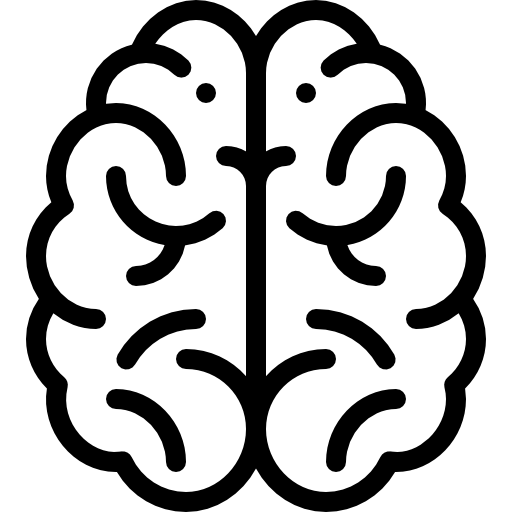What is Autophagy?
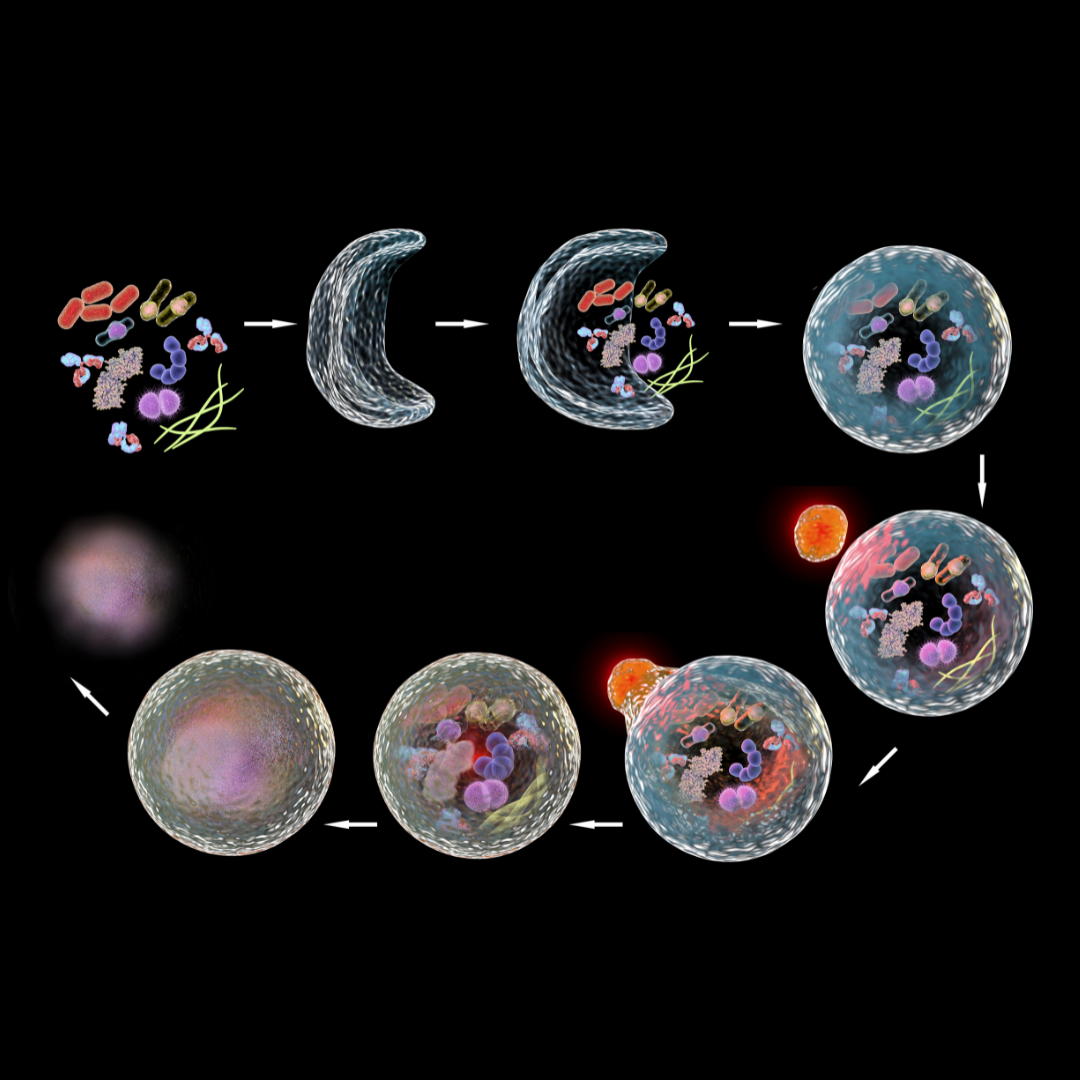
Autophagy Explained
Autophagy is your body's internal clear-up and spruce-up system: it bags and sorts parts of our cells into 'Rubbish' and 'Recycling.'
Old proteins and organelles that no longer work are bagged up to be burned as energy for our bodies. Other parts that can be salvaged are efficiently put into a recyling bin to be turned into spanking new cells.
In short, autophagy clears out damaged cells and regenerates new ones.
Shop Now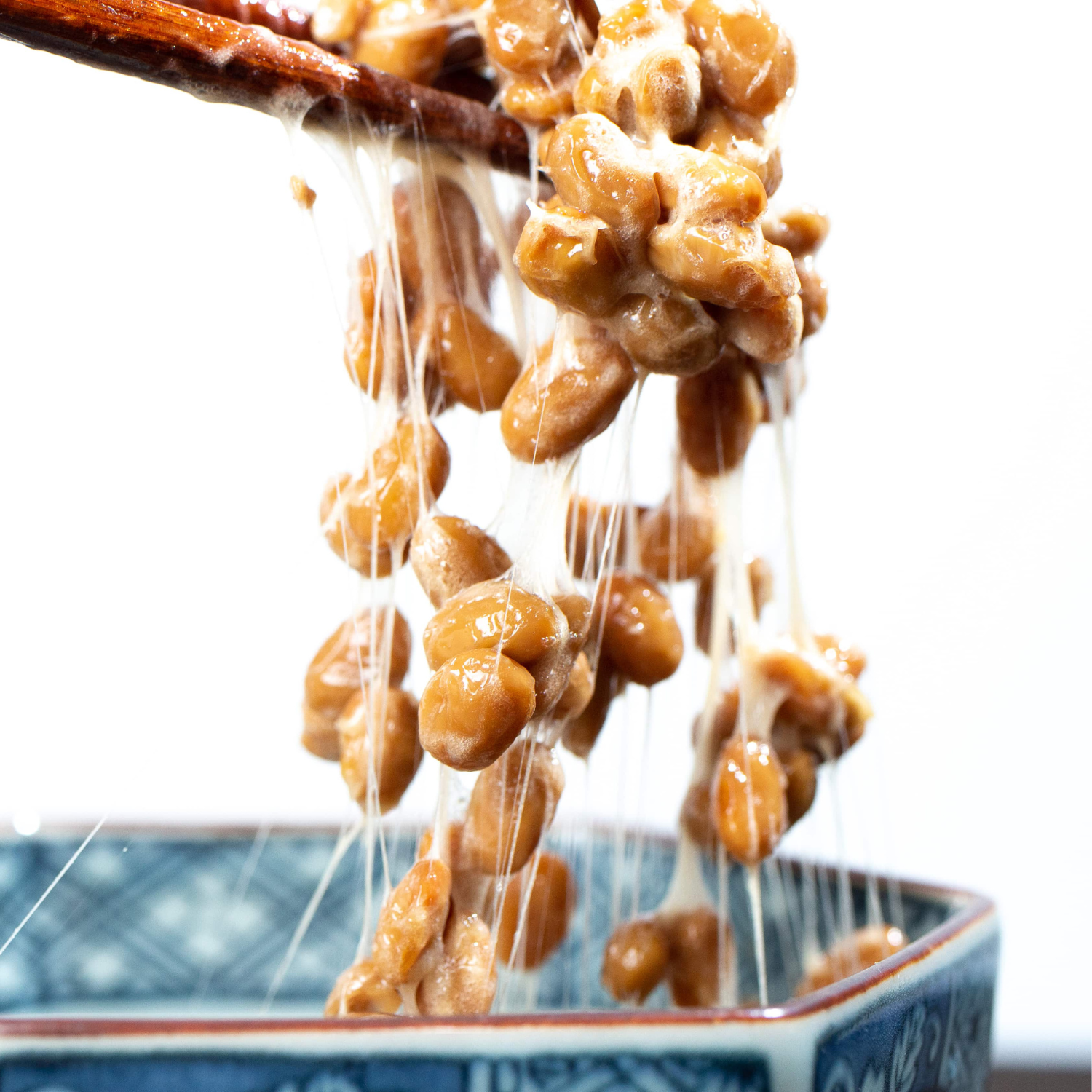
Why is Autophagy Important?
Autophagy is fundamental to the proper functioning of our cells across our lifetimes. Without it, proteins, organelles and other cellular matter build up and begin to cause the cells to malfunction or even die.
In 2016, Japanese scientist Yoshinori Ohsumi won the Nobel Prize for explaining autophagy's mechanism of action and demonstrating its key role in human health and preventing age-related diseases, such as heart disease, Alzheimer's and poor immunity. We are the only non-Japanese company to work with him and his team.
Learn MoreWhat Is Autophagy?: Interview with Nobel Prize Winning Scientist, Yoshinori Ohsumi
What are the Benefits of Autophagy?
How to Induce Autophagy
Both fasting and intermittent fasting can stimulate autophagy. However, new research suggests that fasting might not be as healthy as previously thought. This is especially the case for women and those with hormonal conditions. Luckily, there are other ways to activate autophagy.

Spermidine
Spermidine is a naturally-occurring polyamine that has been proven to stimulate autophagy. This can be found in foods like shiitake mushrooms, mature Cheddar cheese, the long fermented Japanese soybean dish, natto, and of course, Primeadine spermidine supplements. Primeadine is derived from concentrated wheat germ extract, which is the highest source of spermidine.
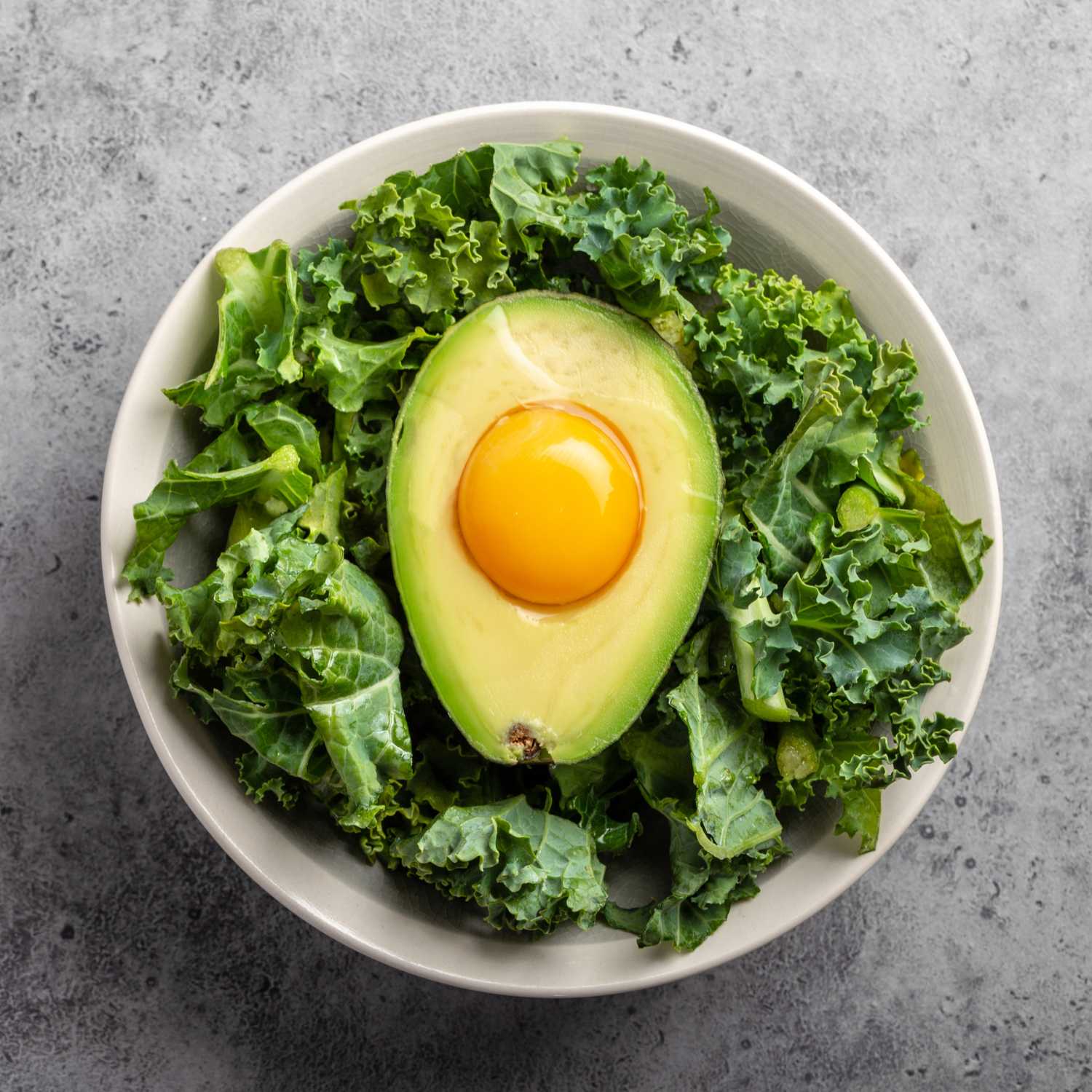
The Keto Diet
Eating a diet that is rich in unsaturated fats and lower in carbohydrates (particularly refined ones) shifts your body from using glucose to ketones, which could increase autophagy in itself. However, this diet is not recommended as a long-term solution.

High-Intensity Exercise
Two studies suggest that exercise induces autophagy and another study found that both steady state and high intensity exercise could do this. However, another study concluded that intensity of exercise could be the biggest determinant of the extent to which autophagy is induced.

Deep, Restorative Sleep
One study on rodents suggests that autophagy follows our natural circadian rhythms and that interruptions to sleep could disrupt the process of autophagy.
Autophagy Summary
Autophagy is essential to optimal cellular function. Without it, our cells malfunction or die and we become susceptible to the diseases of ageing, including heart disease, poor immunity and Alzheimer's, among others. It's the not just the key to a longer life, but to a healthier one.
Those of us who live until age 65 will likely have another 17 years of life, if not more as science continues to push the envelope on lifespan. But a longer life does not necessarily mean a happy one if it is marked by illness and poor health.
But we know it doesn't have to be that way. Using tricks like autophagy we can tap into the body's own unique ability to repair and renew itself and enjoy vitality in what we like to think of as the new prime of life.
If you lead a hectic life and find it hard to implement some of the diet and exercise strategies above, Primeadine could be the solution you need.
Scientific Advisory Board
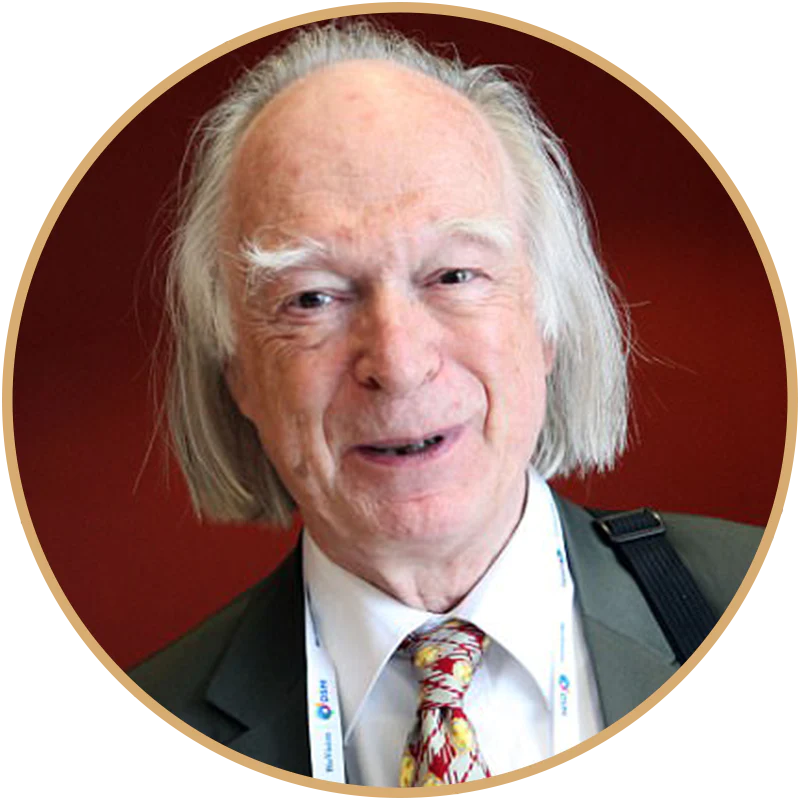
Professor Denis Noble
World-Renowned Physiologist & Emeritus Professor of Physiology, University of Oxford (Oxford)
Professor Denis Noble is a globally-recognized British biologist who developed the first mathematical model of cardiac cells in 1960. He held the Burdon Sanderson Chair of Cardiovascular Physiology at the University of Oxford from 1984 to 2004 and was then appointed Professor Emeritus and Co-Director of Computational Physiology.
On an international scale, he was elected President of the International Union of Physiological Sciences (IUPS) at its Congress in Kyoto in 2009, and then elected for a second term at the 2013 Congress in Birmingham, UK. As a pioneer in the field of systems biology, he is the author of the first popular book on Systems Biology, The Music of Life. His book, Dance to the Tune of Life, Biological Relativity, extends the systems approach to biology, including evolutionary biology. Denis Noble has published more than 600 papers and 11 books. Together with Leslie Kenny, Dr. Paul Ch'en and Sir Christopher Ball, he is a co-founder of the non-profit organization, Oxford Longevity Project.

Dr. Katja Simon
Oxford University Professor of Immunology & Head of the "Autophagy in the Immune System" laboratory, Max Delbruck Center (Berlin)
Dr. Katja Simon began her autophagy research as Professor of the Immunology at the Kennedy Institute for Rheumatology, University of Oxford. As a principal investigator, she set up an independent line of enquiry investigating autophagy, another cellular process determining cell fate, in the hemato-immune system. Her group discovered that autophagy, the main conserved cellular bulk degradation pathway, maintains healthy red blood cells, stem cells and memory T cells and promotes differentiation while preventing aging of the hematopoietic system. She has since been appointed to Head of the "Autophagy in the Immune System" laboratory at the Max Delbruch Center in Berlin as part of an initiative to attract outstanding female scientists from abroad. She and her team are continuing her research on autophagy in the immune system there.
Read More
Dr. Ghada Alsaleh
Principal Investigator in Immunology and Autophagy & Leader of the UK's First Space Innovation Lab, University of Oxford (Oxford)
Dr. Ghada Alsaleh moved to Oxford in 2017 to pursue her career as a scientist and to join Professor Katja Simon’s group at the University of Oxford's Kennedy Institute for Rheumatology, where she developed a growing curiosity about aging and the regulation of biological processes that are disturbed during the aging process. In her research, she showed that autophagy is specifically reduced in older human lymphoid cells, which contributes to compromised memory T and B cell responses in the elderly. This work has uncovered novel targets and biomarkers for the development of anti-aging drugs for human T cells.
Dr. Ghada was awarded funding for her proposal “Targeting autophagy for the treatment of osteoarthritis”. Osteoarthritis (OA) is the most common form of arthritis worldwide but lacks effective therapy. In this proposal, she aims to design a genetic screen using TFEB protein expression as a read-out to identify new potential targets for the treatment of Osteoarthritis and various age-related diseases. She has recently become leader of the UK's first Space Innovation Lab, which aims to understand the effect of space microgravity on the aging process.

Dr. Sasi Senga
Neurosurgical Oncologist, Lecturer in Medicine, Author & Researcher, University of Oxford (Oxford)
Dr. Sasi Senga is a neurosurgical oncologist with two Masters - one in Neuroscience and another in Cancer & Therapeutics - and specialist training from the Dana Farber Cancer Institute and the Barts Cancer Institute. He graduated as an Oxford Clarendon Scholar and Excellence Award/Top Honours Award recipient from Harvard Medical School. He also runs a cancer foundation for the underprivileged in two countries in memory of his mother, Kalavathi, who passed away to cancer, has authored a few books on cancer, and is currently working on a paper on the Hallmarks of Cancer.
Read MoreClinical Advisory Board
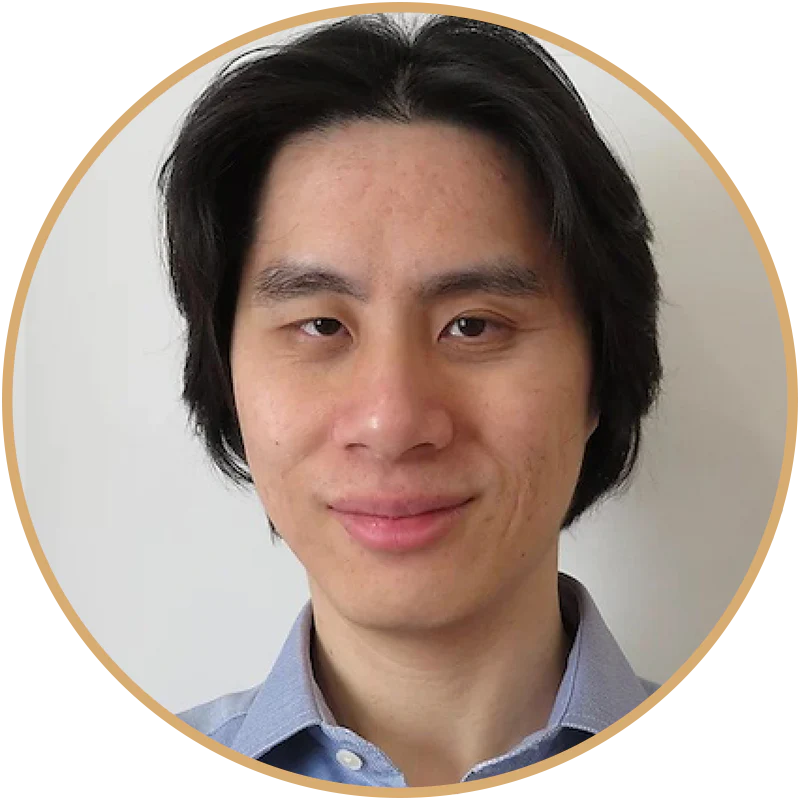
Dr. Paul Ch'en
Holistic Cancer Care Coach, CanSure Heal It, GP Partner & Doctor to Keble and Sommerville Colleges, University of Oxford (Oxford)
Dr. Paul Ch'en is a Practice Partner at the Observatory Medical Practice in Jericho, Oxford, where he is also the College Doctor to Keble and Somerville Colleges at the University of Oxford. Paul has recently embarked on a new chapter as a Holistic Cancer Care Coach through his online coaching service, CanSure Heal It. This service supports newly diagnosed cancer patients to take charge of their health and gives them the tools to help manage their condition. As a former cancer immunologist, he has a particular interest in the early diagnosis of cancer and is keenly interested in preventing the diseases of aging, cognitive behavioral therapy and acupuncture. Having had his early education in Japan, Dr. Ch'en also stays abreast of the latest Japanese therapies and research to promote healthy aging, reverse disease and live a long, healthy and happy life. He also co-founded the non-profit organization dedicated to educating the public on healthy aging, the Oxford Longevity Project, with Oxford Healthspan Founder, Leslie Kenny, Scientific Advisor, Professor Denis Noble, and Academic and Former Warden of Oxford University's Keble College, Sir Christopher Ball.
Read More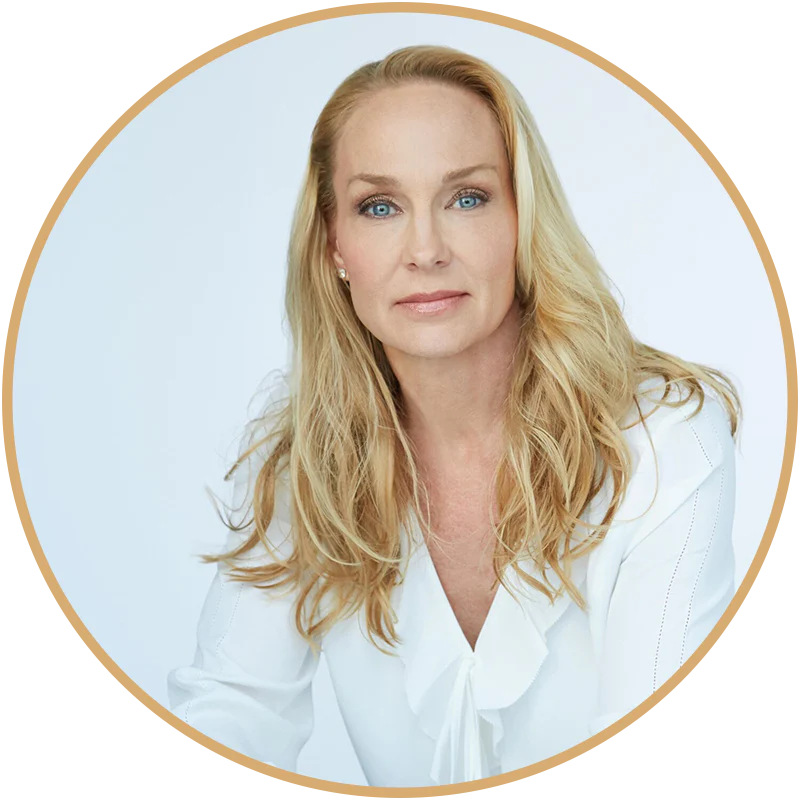
Dr. Sandra Kaufmann
"Best in Medicine" Longevity Doctor & Creator of the Kaufmann Anti-Aging Protocol (Miami)
Dr. Sandra Kaufmann began her academic career in the field of cellular biology, earning a Master’s Degree from the University of Connecticut in Tropical Ecology and Plant Physiology. Turning to medicine, she received her medical Degree from the University of Maryland, and completed a residency and fellowship at Johns Hopkins in the field of pediatric anesthesiology. Presently, she is the Chief of Pediatric Anesthesia for the Memorial Health Care system and the Joe DiMaggio Children’s Hospital in Florida and recently received the accolade of "Best in Medicine" from the American Health Council. She also practices as a longevity doctor and created the first-of-its-kind Kaufmann Protocol - a culmination of years of non-clinical research leading to the first-ever, scientific guide to personalized deceleration of the aging process.

Dr. Olivia Lesslar
Medical Doctor, TEDx Speaker & NYC Journal 50 Under 50 (Global)
Dr. Olivia Ly Lesslar is an Australian medical doctor who specializes in complex chronic conditions including neurodegeneration, "mystery illnesses", atopy, cancer, and psychoneuroendoimmunology - the intersection of psychology, hormones, the nervous system, and the immune system. After her medical residency in Australia, she worked across the USA: First with double-board certified neurologist and psychiatrist Dr. Jay Lombard at the Neuroimmunology Associates of New York and currently, with Dr. Chris Renna at LifeSpan Medicine, Los Angeles. Since 2020 she has spent more time in her home country of Australia, and now works with internationally renowned Professors - neurosurgeon Charlie Teo and immunologist allergist Pete Smith at their respective clinics. In 2022, she was featured in the NYC Journal 50 under 50 as a distruptor in her industry.
Read More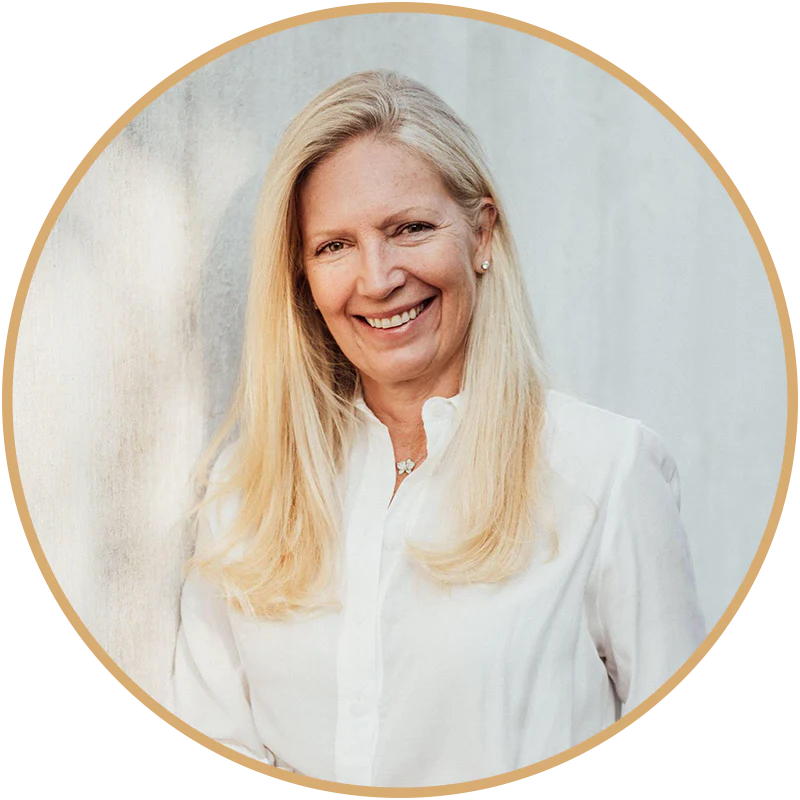
Amy Lamotte
Clinical Nutritionist (Hong Kong)
Amy Lamotte is the Managing Director of Vallotte Nutrigenomics Limited in Hong Kong, where she splits her time between clinical nutrition and nutrition research. Her clinical practice is focused on personalized nutrition for autoimmune and chronic inflammatory conditions. She devotes half of her time to research in order to contribute to our understanding of how nutrition is the key to creating vibrant health at any age. Her current research interests include nutrition for modulating the immune system and increasing healthspan, nutritional genomics, circadian biology, and the microbiome. She has a Master's of Science in Human Nutrition (summa cum laude) from the University of Bridgeport and a J.D. from Yale Law School.
Read MoreReferences
1. Short-Term Fasting Induces Profound Neuronal Autophagy
2. Emerging Role of Mammalian Autophagy in Ketogenesis to Overcome Starvation
3. Exercise and Exercise Training-Induce Increase in Autophagy Markers in Human Skeletal Muscle
4. Exercise Induces Autophagy In Peripheral Tissues and In The Brain
5. Exercise-Induced BCL2-Regulated Autophagy Is Required For Muscle Glucose Homeostasis
6. Circadian Rhythm of Autophagy Proteins in Hippocampus Is Blunted By Sleep Fragmentation




